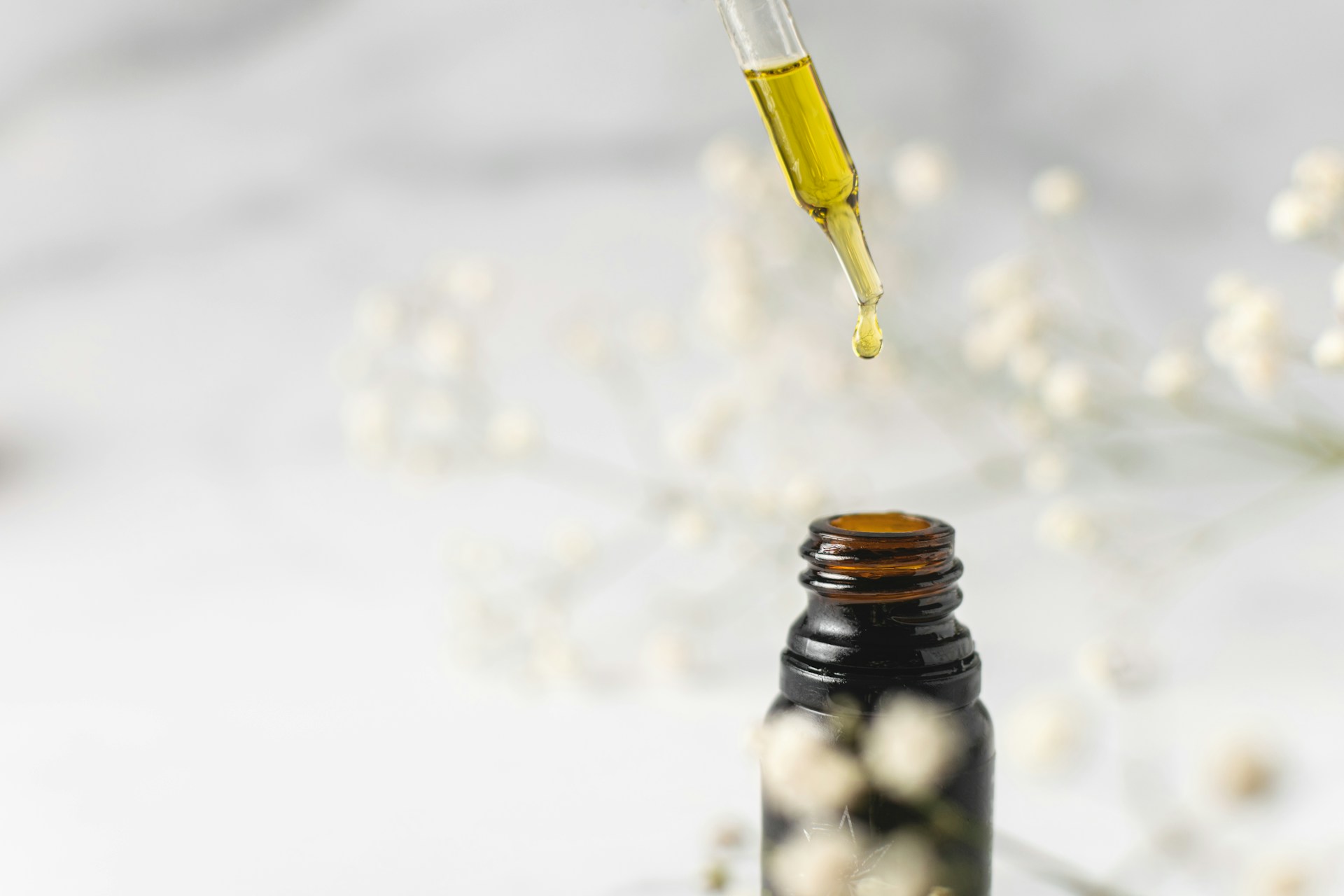
The Difference Between CBD and THC: What You Should Know
The world of cannabis can be a confusing place, especially when it comes to understanding the difference between CBD (cannabidiol) and THC (tetrahydrocannabinol). These two compounds are the most well-known and widely studied of the more than 100 cannabinoids found in cannabis. Yet, despite their common origin, they have distinct effects on the body and mind.
What Are CBD and THC?
CBD: The Calm Cannabinoid
CBD, or cannabidiol, is a non-psychoactive compound found in both hemp and marijuana plants. Unlike its cousin THC, CBD won’t get you “high.” Instead, it’s celebrated for its potential health benefits, including reducing anxiety, alleviating pain, and helping with sleep disorders. CBD is commonly used in oils, gummies, creams, and even pet products.
THC: The Psychoactive Component
THC, or tetrahydrocannabinol, is the main psychoactive ingredient in marijuana. It’s the compound that delivers the euphoric sensation commonly referred to as a “high.” THC binds with the cannabinoid receptors in the brain, influencing pleasure, memory, thinking, coordination, and time perception.
The Legal Landscape
CBD and Legal Status
The legality of CBD can be a bit of a maze. In many places, CBD derived from hemp (which contains less than 0.3% THC) is legal. However, the laws can vary greatly depending on the country or state. Always check your local regulations before purchasing or using CBD products and keep up to date with cannabis content and education.
THC and Legal Regulations
THC legality is more straightforward in its complexity. In some areas, THC is fully legal for both recreational and medicinal use. In others, it’s strictly controlled or completely illegal. The legal status of THC is rapidly changing, so staying informed about the laws in your area is crucial.
How They Work in the Body
The Endocannabinoid System
Both CBD and THC interact with the body’s endocannabinoid system (ECS), which plays a vital role in maintaining homeostasis, or balance, in the body. The ECS affects various functions, including sleep, mood, appetite, and immune response.
CBD’s Interaction with the ECS
CBD doesn’t bind directly to cannabinoid receptors. Instead, it influences them indirectly by activating other receptors and enhancing the natural levels of endocannabinoids. This indirect action is why CBD doesn’t produce a high but can still have significant effects on pain, inflammation, and anxiety.
THC’s Interaction with the ECS
THC, on the other hand, binds directly to the CB1 receptors in the brain. This direct interaction is what causes the psychoactive effects associated with THC. It alters the normal function of the endocannabinoid system, leading to changes in mood, perception, and cognition.
Benefits and Uses
Benefits of CBD
- Pain Relief – CBD is known for its analgesic properties, making it a popular choice for those with chronic pain.
- Anti-Inflammatory – It helps reduce inflammation, which can benefit conditions like arthritis.
- Anxiety and Depression – Many users find that CBD helps manage anxiety and depression without the side effects of traditional medications.
- Neuroprotective – Some studies suggest CBD might help protect against neurological diseases like Alzheimer’s and Parkinson’s.
- Skin Health – Topical CBD products can improve skin conditions like acne and eczema.
Benefits of THC
- Euphoria – THC’s most well-known effect is the “high” it provides, which can enhance mood and relaxation.
- Pain Relief – Like CBD, THC is effective in reducing pain, particularly nerve-related pain.
- Appetite Stimulation – Often used by patients undergoing chemotherapy, THC can help increase appetite.
- Sleep Aid – THC can help those struggling with insomnia by promoting deeper sleep.
- Muscle Spasms – THC can reduce muscle spasticity, beneficial for conditions like multiple sclerosis.
Side Effects and Considerations
CBD Side Effects
While generally considered safe, CBD can have some side effects, including:
- Dry mouth
- Diarrhea
- Reduced appetite
- Drowsiness
- Fatigue
It’s important to note that CBD can interact with other medications, so consulting a healthcare provider before use is advisable.
THC Side Effects
THC’s side effects are more pronounced due to its psychoactive nature. They can include:
- Memory impairment
- Altered judgment
- Coordination issues
- Increased heart rate
- Anxiety or paranoia in high doses
Long-term use of THC can also lead to dependency and cognitive issues.
Methods of Consumption
How to Take CBD
- Oils and Tinctures – These are taken sublingually (under the tongue) for quick absorption.
- Edibles – Gummies, chocolates, and other food products infused with CBD offer a tasty way to consume it.
- Topicals – Creams and balms applied directly to the skin can target localized pain and inflammation.
- Capsules – A convenient option for precise dosing.
- Vaping – Inhaled CBD provides rapid effects, but the safety of vaping is still under scrutiny.
How to Take THC
- Smoking – The traditional method of consuming THC, offering quick and potent effects.
- Edibles – THC-infused foods provide a longer-lasting high, though the onset of effects is slower.
- Tinctures – Taken under the tongue, these offer a middle ground between smoking and edibles.
- Topicals – Used for localized relief without the psychoactive effects.
- Vaping – Similar to smoking but with potentially fewer harmful byproducts.
Final Thoughts
Understanding the differences between CBD and THC is key to making informed choices about cannabis use. Whether you’re seeking relief from pain, anxiety, or simply looking to unwind, knowing how these compounds work and their potential benefits and side effects can help you decide what might be right for you.
Remember, everyone’s body reacts differently to cannabinoids, so what works for one person might not work for another. Start with a low dose, see how your body responds, and adjust as needed. And always consult with a healthcare professional if you have any concerns or are taking other medications.

